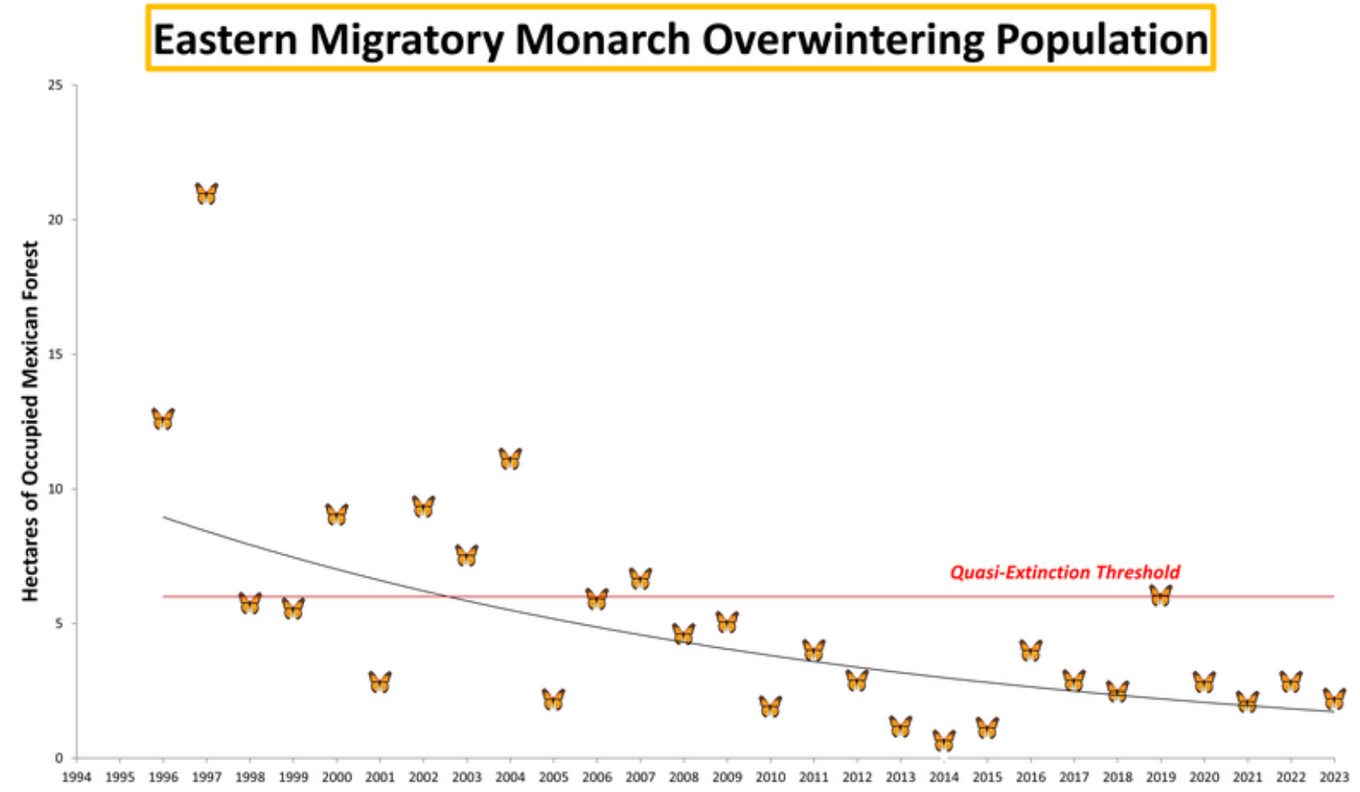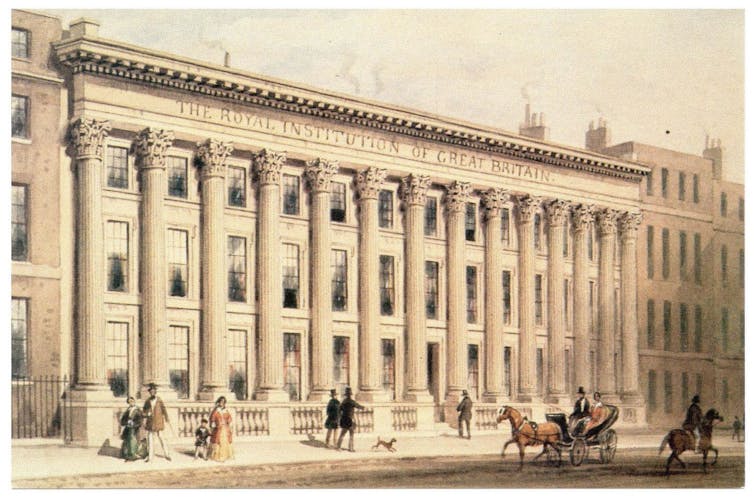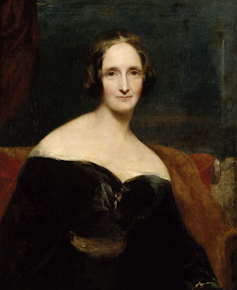Italy moves to ban lab-grown meat to protect food heritage
 NICHOLAS YEO/AFP
NICHOLAS YEO/AFPItaly's right-wing government has backed a bill that would ban laboratory-produced meat and other synthetic foods, highlighting Italian food heritage and health protection.
If the proposals go through, breaking the ban would attract fines of up to €60,000 (£53,000).
Francesco Lollobrigida, who runs the rebranded ministry for agriculture and food sovereignty, spoke of the importance of Italy's food tradition.
The farmers' lobby praised the move.
But it was a blow for some animal welfare groups, which have highlighted lab-made meat as a solution to issues including protecting the environment from carbon emissions and food safety.
Coldiretti and other agriculture lobbies have collected half a million signatures in recent months calling for protection of "natural food vs synthetic food", and Prime Minister Giorgia Meloni is among those who have signed.
"We could only celebrate with our farmers a measure that puts our farmers in the vanguard, not just on the issue of defending excellence... but also in defending consumers," she told a "flash mob" organised by Coldiretti outside her office in Rome.
The proposed bill came hard on the heels of a series of government decrees banning the use of flour derived from insects such as crickets and locusts in pizza or pasta.
Ministers have cited Italy's prized Mediterranean diet as their motivation for both measures.
Mr Lollobrigida, who comes from the same far-right Brothers of Italy party as the prime minister said: "Laboratory products do not guarantee quality, well-being and the protection of the Italian food and wine culture and tradition, to which part of our tradition is linked."
The proposals, approved by ministers on Tuesday, seek to ban synthetic foods produced from animal cells without killing the animal, and would apply to lab-produced fish and synthetic milk too.
Last November, the US Food and Drug Administration (FDA) cleared cell-cultured chicken for human consumption after "careful evaluation". In 2020 Singapore gave regulatory approval for lab-grown chicken meat to be used in nuggets.
So far no approval has been sought from the European Food Safety Authority, but within the European Commission it has been suggested that cell-based agriculture such as cultured meat "could be considered as a promising and innovative solution... for healthy and environmentally friendly food systems".
Commentators have pointed out that Italy would not be able to oppose the sale of synthetic meat produced within the European Union when it does gain approval, because of the free movement of goods and services.
International Organization for Animal Protection (Oipa) stressed that lab-produced meat, while it came from animal cells, was an "ethical alternative" that did not harm animal welfare, environmental sustainability or food safety.
But Paolo Zanetti, the head of dairy industry group Assolatte, praised the government's decision.
He told Il Sole 24 Ore financial newspaper that milk producers were facing a paradox. On the one hand his colleagues were being asked to invest in making their product more environmentally friendly, while on the other "investors with no scruples" were promoting a product that was anything but natural "under the pretext of protecting the environment".












